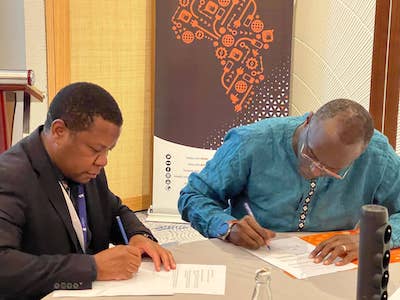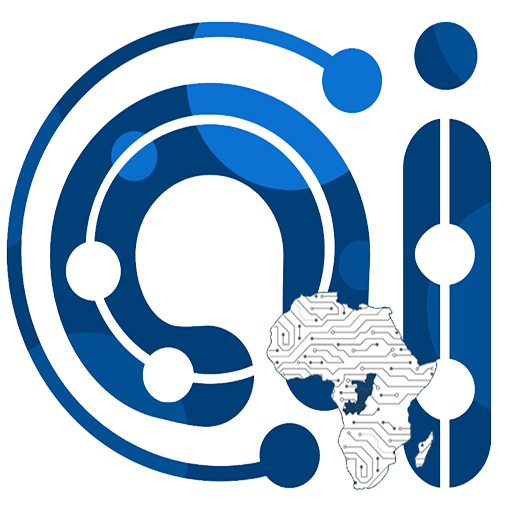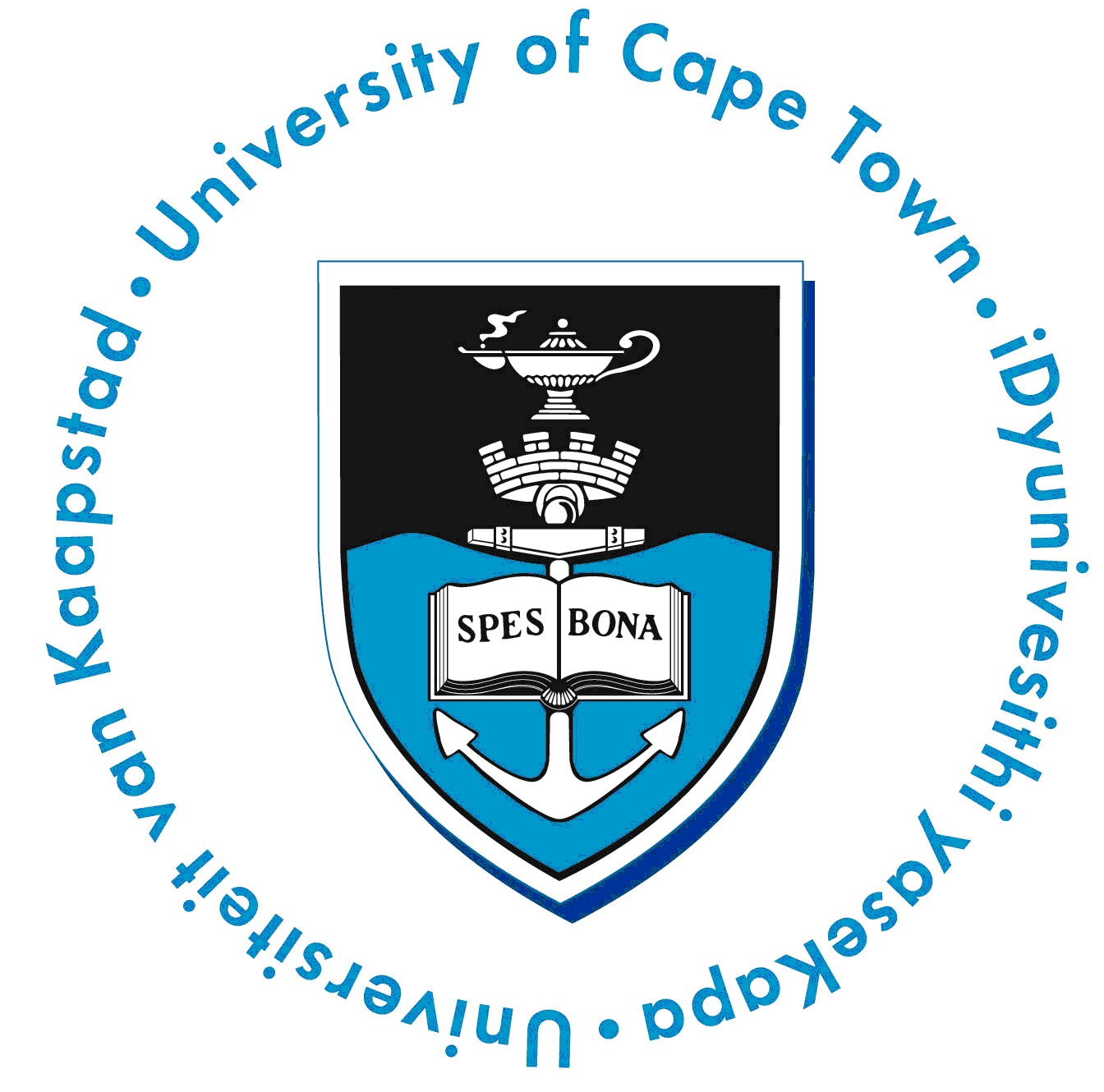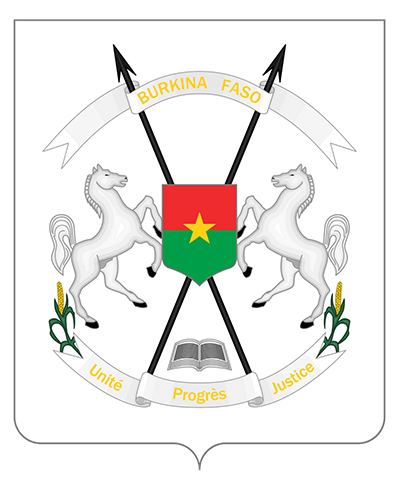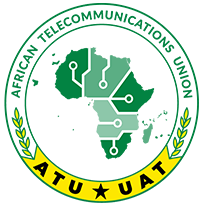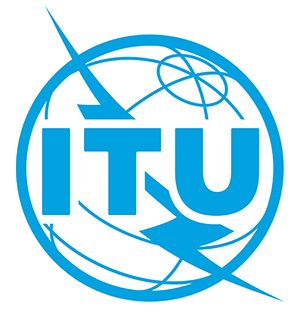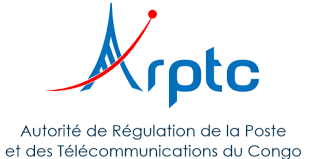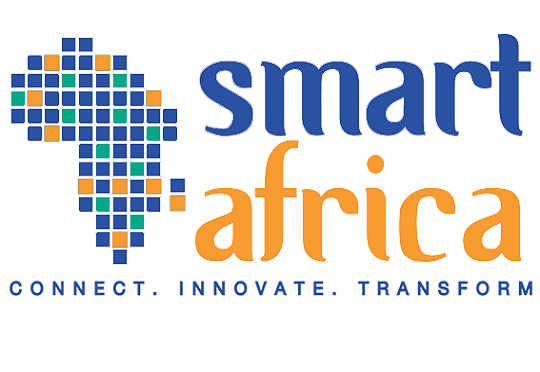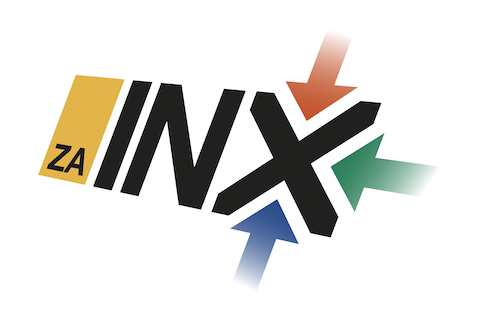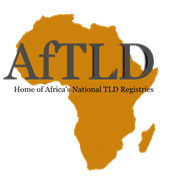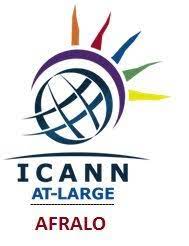- What is the origin of the litigation between AFRINIC and Cloud Innovation?
- What does it mean to be a good Registry (steward) of IP resources?
- How does AFRINIC validate members and allocate IP resources?
- What is the procedure for change of usage of IP resources?
- Has Eddy Kayihura been suspended as the CEO of AFRINIC?
- Have there been attempts to capture the organisation by buying votes for the Board Seats?
1) What is the origin of the litigation between AFRINIC and Cloud Innovation?
To put it simply, and for everyone to understand the reason behind the current situation, let us put ourselves in the shoes of a community land manager. A member of the community, Cloud Innovation, applies to the land manager for a substantial piece of land to build a hotel for the African market. The land manager, AFRINIC, agrees to such an allocation on these precise terms. Sometime later, the manager finds that the member has built a shopping centre on the plot of land. Since we are in the immaterial world of digital, only a tiny portion of the land is used in Africa, thus disregarding the original agreement and permits allocated accordingly, which are supposed to authorise the construction and operation of a hotel in Africa.
The deception is therefore obviously deliberate. In June 2020, AFRINIC, in accordance with the provisions governing the allocation of IP addresses, drew the attention of Cloud Innovation to this breach of the agreement and called on this Resource Member to explain and remedy it. In March 2021, seeing that the breaches identified had not been rectified, AFRINIC had no choice but to initiate the procedures stipulated by the Registration Service Agreement (RSA) which governs the relationship with any Resource Member. As a result, Cloud Innovation initiated legal proceedings against AFRINIC in March 2021. The Court rejected Cloud Innovation’s first application in July 2021, following which AFRINIC terminated Cloud Innovation's resource membership while still giving 90 days' notice to its users on humanitarian grounds given that the issue arose during the pandemic season.
Overview of the ongoing litigations between AFRINIC and Cloud Innovation
As of today, Cloud Innovation Ltd has entered over 25 cases against AFRINIC before the Supreme Court of Mauritius and 2 cases before the Supreme Court of Seychelles. Other cases have also been initiated by companies associated with Cloud Innovation including Larus Cloud Service Ltd, Africa on Cloud Ltd and Crystal Web (Pty) Ltd. These companies have also managed to obtain Interim Orders against AFRINIC, which has effectively impeded its Board of Directors from operating.
AFRINIC contends that those lawsuits have, at source, the decision of its board of directors to deregister the IP addresses allocated to Cloud Innovation on the ground of the latter breaching its RSA. In essence, AFRINIC contends that in the absence of an express IP policy allowing for either out-of-region use or leasing of its allocated IP addresses consistent with its Policy Development Framework, all presently allocated IP addresses must be used within Africa which is AFRINIC’s service region. This is denied by Cloud Innovation, and hence its numerous lawsuits to prevent AFRINIC from effectively executing the terms of its RSA.
AFRINIC wrote to Cloud Innovation informing it that it was in breach of the RSA, its Consolidated Policy Manual, and section 6 of AFRINIC’s Bylaws.
The following dates are important to note:
- 23 June 2020: AFRINIC wrote to Cloud Innovation identifying its breaches of the RSA.
- 13 July 2020: Cloud Innovation responded to AFRINIC’s letter dated 23 June 2020.
- 14 July 2020: AFRINIC acknowledged receipt of Cloud Innovation’s email and stated that it will provide feedback upon a review of the documents submitted to it.
- 31 December 2020: AFRINIC informed Cloud Innovation that any renewal of its RSA for the year 2021 would be subject to and without prejudice to the on-going review undertaken by AFRINIC.
- 10 March 2021: AFRINIC sent a letter to Cloud Innovation setting out its breaches of the RSA, and allowed Cloud Innovation 30 days to either remedy its breaches or show cause why AFRINIC should not terminate the RSA.
- 24 March 2021: Cloud Innovation sought injunctive relief against AFRINIC and an Interim Order was granted on 25 March 2021.
- 07 July 2021: The aforementioned Interim Order was set-aside following preliminary objections raised by AFRINIC.
- 08 July 2021: Considering Cloud Innovation’s failure to remedy its breaches or provide an explanation within the 30 days contractual timeline, as well as in light of the judgment dated 07 July 2021, AFRINIC’s board of directors unanimously terminated Cloud Innovation’s RSA but at the same time and exceptionally allowed the latter a grace period of 90 days before deregistering the allocated IP addresses.
- 13 July 2021: AFRINIC was served with a Notice of Appeal against the judgment of 07 July 2021 as well as another Interim Order preventing the termination of Cloud Innovation’s RSA. AFRINIC did nothing, except for seeking legal advice and maintained status-quo until the case was called before the Judge on 15 July 2021.
- 15 July 2021: Following clarification obtained by the Judge and on the basis of a statement made by legal representative of Cloud Innovation for an early hearing of the aforementioned appeal, AFRINIC provided an undertaking to reinstate Cloud Innovation’s resource-membership pending the determination of the said appeal.
Relevant to add that the appeal was initially scheduled to be heard on 11 November 2021 but thereafter, upon actions taken by Cloud Innovation, the same was re-scheduled to 27 January 2022. - 23 July 2021: Cloud Innovation applied for and was granted a Provisional Authorisation to Attach Order, commonly known as a Freezing Order, for the purposes of freezing all sums up to USD 50 Million held, separately and jointly, by the SBM (Mauritius) Ltd and Mauritius Commercial Bank Ltd.
- 03 September 2021: Cloud Innovation applied for an Order authorising it to proceed with the “saisie conservatoire” of all the 6.9 million IPv4 unused addresses presently held by AFRINIC. That application was set-aside on 07 September 2021.
- 15 October 2021: The Judge declared the Provisional Authorisation to Attach Order (i.e. Freezing Order) null and void.
- 26 October 2021: Cloud Innovation applied for leave to provisionally attach in the hands of the garnishees (i.e. banks) all monies held by the garnishees in the name of AFRINIC up to the sum of USD 10 million. Cloud Innovation withdrew its application on 06 December 2021
- 01 December 2021: AFRINIC issued a letter to Cloud Innovation setting out the bad faith of the latter for not allowing the appeal to be heard on 11 November 2021 as well as informing Cloud Innovation that its resource-membership would come to an end by 31 December 2021.
- 03 December 2021: Cloud Innovation sought and obtained an Interim Order against AFRINIC so as not to execute the contents of its letter dated 01 December 2021. That Interim Order is still in force against AFRINIC.
- 14 February 2022: Cloud Innovation’s appeal against the judgment of 07 July 2021 was dismissed with costs.
For the sake of completeness, information about other cases initiated by Cloud Innovation against AFRINIC is available at: https://afrinic.net/court-cases
2) What does it mean to be a good Registry (steward) of IP resources?
The Internet in the late 1980s began as an experimental project that interconnected a small number of research institutions; it was purely out of trust with a main focus on the good that the Internet would do to the lives of many. From the beginning, every device directly connected to the Internet needed an IP (Internet Protocol) address – a unique number that identifies the device and allows it to be located on the network. For the system to work, every connected device must have a unique address, so it was important that the allocation of IP addresses was carefully registered to avoid conflicts. In 1992, the Internet Engineering Task Force (IETF) recommended that Internet number resources be managed by subsidiary organizations at a regional level. As a result, the Regional Internet Registries (RIRs) were established to assume this regional allocation and management role in cooperation with IANA. Today, there are five RIRs – APNIC, ARIN, RIPE NCC, LACNIC, and AFRINIC. The African Network Information Centre (AFRINIC) was established as a Regional Internet Registry per the ICANN resolution dated 8 April 2005 to serve the Africa Region.
AFRINIC’s business operations are guided by its bylaws as stated in clause 3.4, amongst others, as follows: to provide the service of allocating and registering Internet resources for the purposes of enabling communications via open system network protocols and to assist in the development and growth of the Internet in the African region.
IP address usage guidelines are developed through a bottom-up process, where these guidelines are proposed, debated and adopted following public discussions amongst the African Internet community, and it is expressly stated in our RSA that IP addresses delegated to members are not the property of anyone.
Just like the other four regional Internet registries, AFRINIC has provisions that determine how IP resources that are issued to its resource members must be used. AFRINIC is the Internet registry for addresses allocated to Africa - with IPv4 being a finite and presently a scarce resource, and the share allocated to Africa being less than 6% of the global resources. The issue of protecting and distributing this resource in Africa with integrity is therefore non-negotiable. This further underscores AFRINIC’s mission and why we must do everything possible to ensure that things are done with integrity within the established parameters. This is the mandate of every Internet registry in the world.
AFRINIC is more determined than ever to continue to play a leading role in the sustainable digital transformation and socio-economic development of Africa. And we intend to do so by affirming our integrity and our unwavering dedication to the African community.
AFRINIC reaffirms its commitment to fulfilling its critical mission towards the efficient management of IP addresses in Africa.
3) How does AFRINIC validate members and allocate IP resources
Members are validated based on the following eligibility criteria:
- Legally incorporated and providing services within the AFRINIC region.
- Detailed IP plan to use IP number resources within the next eight months for IPv4 and 12 months for IPv6
- Existence of network infrastructure in the AFRINIC region
- Have a valid service operator license in the country of operation (If the service requires a license in that country)
- Contract with an upstream service provider if you are End-User.
- More information can be found here.
The potential member has to submit the following required documentation to the registration services.
- Evidence of legal incorporation (Business Registration Certificate, Certificate of incorporation, Government Gazette etc.).
- Certificate of good standing (Recent Tax registration certificate, certificate of incumbency) or
- Proof of physical residency (Water or Electricity Utility bill)
- Copies of identification for registered contacts
4) What is the procedure for change of usage of IP resources?
Any change in procedure for any resource member is covered under the following sections under the Registration Services Agreement, which is the contract signed between AFRINIC and its Resource Member.
Section 2 (d) of the Registration Services Agreement states ‘’where the original information submitted has been the subject of any change; same has to be notified promptly, accurately and fully to AFRINIC by an authoritative and valid contact’’
Section 2 (e) of the Registration Services Agreement states ‘’promptly, accurately and completely reply to any enquiry made by AFRINIC during the application or within the currency of the agreement’’
5) Has Eddy Kayihura been suspended as the CEO of AFRINIC?
On 30/06/2022, following an ex parte application made by Crystal Web (Pty) Ltd, the Honourable Judge P.D.R Goordyal-Chittoo issued an Interim Order in the nature of an injunction restraining and preventing:
- AFRINIC and Mr. Kayihura as well as their representatives and/or agents and/or preposés from acting on the board resolution bearing reference number 202110.655; and
- Mr Kayihura from acting as an ex officio director of AFRINIC until such time the board of AFRINIC is reconstituted by election.
An ex officio position refers simply to the process by which a director is appointed automatically by holding another office. For example, the Chief Executive Officer (CEO) of one organisation might be an ex officio director of an organisation.
Mr. Kayihura is the Chief Executive Officer of AFRINIC, contrary to the misleading views of some media publications.
6) Have there been attempts to capture the organisation by buying votes for the Board Seats?
There is an attempt by some entities to capture the board of AFRINIC through illegitimate means, such as buying votes for the elections of board members.
In this regard, some of AFRINIC's resource members informed us that a so-called investor approached them with a contract to sign. Upon signing the proposed contract between the "investor" and the AFRINIC Resource Member, the resource member has to share their Members Platform credentials in exchange for an amount of USD.3000.
Providing access to such information exposes members' information that pertains to the management of their IP resources (IP blocks and ASNs), thus the risk of having their allocated resources tampered with and eventually theft. We want to draw attention to the fact that access to the member portal also gives this intruder the right to access the AFRINIC e-voting platform using the resource member's credentials, Allowing them to cast a vote on behalf of the resource member.


